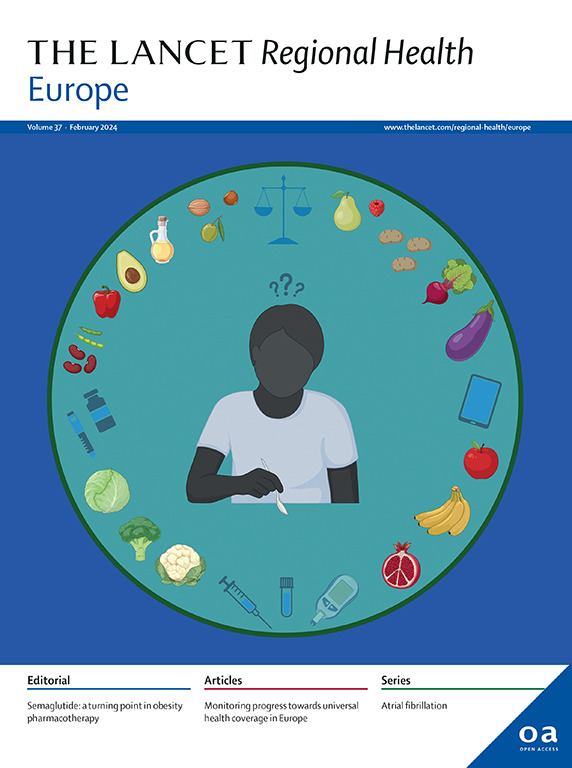肝细胞癌患者获得系统性治疗的差异:来自国际肝癌协会的分析
IF 13
Q1 HEALTH CARE SCIENCES & SERVICES
引用次数: 0
摘要
肝细胞癌(HCC)是全球癌症死亡的主要原因。它通常在晚期被诊断出来,需要全身治疗,如索拉非尼、lenvatinib、atezolizumab-bevacizumab和tremelimumab-durvalumab。然而,肝细胞癌获得系统性治疗的差异仍然是一个主要的全球挑战,特别是在药物成本高、监管延误和医疗基础设施有限的低收入和中等收入国家。根据国际经验,我们强调迫切需要协调一致的宣传和创新项目,如奥比斯项目和加快审批途径,以改善药物可及性。患者群体、临床医生、政策制定者和行业之间的多部门合作对于确保公平获得挽救生命的治疗和减轻全球HCC负担至关重要。本文章由计算机程序翻译,如有差异,请以英文原文为准。
Disparities in access to systemic therapies for patients with hepatocellular carcinoma: an analysis from the International Liver Cancer Association
Hepatocellular carcinoma (HCC) is a major cause of cancer deaths worldwide. It is often diagnosed at advanced stages, requiring systemic therapies like sorafenib, lenvatinib, atezolizumab-bevacizumab, and tremelimumab-durvalumab. However, disparities in access to systemic therapies for HCC remain a major global challenge, particularly in low- and middle-income countries where high drug costs, regulatory delays, and limited healthcare infrastructure impede treatment. Drawing on international experience, we highlight the urgent need for coordinated advocacy and innovative programs—such as Project Orbis and expedited approval pathways—to improve drug availability. Multisectoral collaboration among patient groups, clinicians, policymakers, and industry is essential to ensure equitable access to life-saving therapies and to reduce the burden of HCC worldwide.
求助全文
通过发布文献求助,成功后即可免费获取论文全文。
去求助
来源期刊

Lancet Regional Health-Europe
Multiple-
CiteScore
19.90
自引率
1.40%
发文量
260
审稿时长
9 weeks
期刊介绍:
The Lancet Regional Health – Europe, a gold open access journal, is part of The Lancet's global effort to promote healthcare quality and accessibility worldwide. It focuses on advancing clinical practice and health policy in the European region to enhance health outcomes. The journal publishes high-quality original research advocating changes in clinical practice and health policy. It also includes reviews, commentaries, and opinion pieces on regional health topics, such as infection and disease prevention, healthy aging, and reducing health disparities.
 求助内容:
求助内容: 应助结果提醒方式:
应助结果提醒方式:


